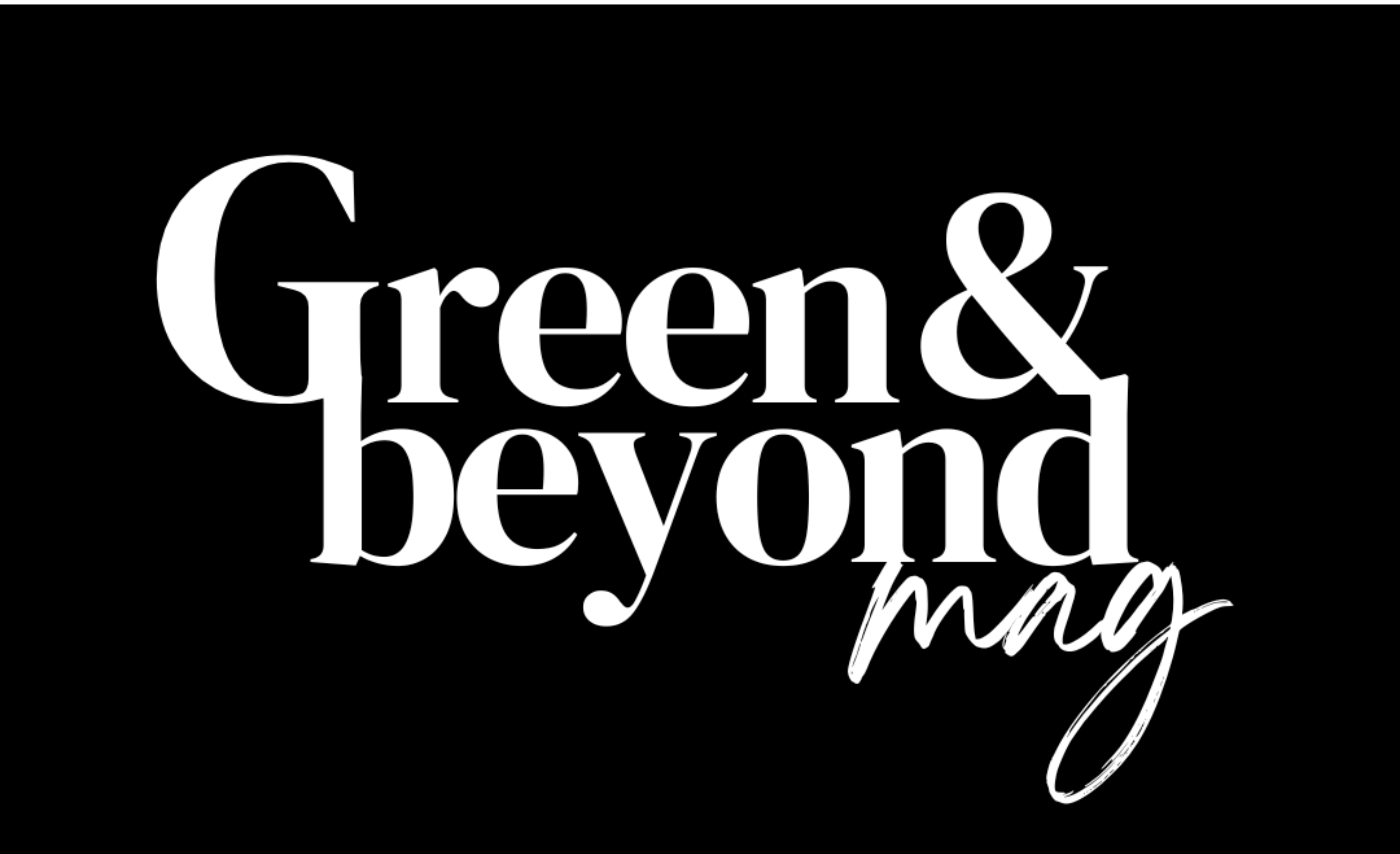Have you ever been eco-shamed? As you are here, it is a safe bet to say that even if you have never been eco-shamed, you know about it. Eco-shaming or Sustainability shaming is on the rise, just like eco-awareness, just like extreme weather events, just like the whole climate crisis.
Urban dictionary defines eco-shame as ‘to shame another person for not respecting the environment’, a simple and crystal clear definition indeed. Eco-shaming can be seen more heavily on social media than in real life. But the question that we need to ask is whether it works as a motivator to bring positive changes or if it just makes us feel bad and affects our mental health.
The rise of Eco-Shaming
We are not even halfway through 2022 and already we have experienced floods in Australia, wildfires in Argentina, mudslides in Brazil, and typhoons in the Philippines, just to name a few. With increasing natural disasters; temperature; rainfall, environmental awareness is also on the rise. Gen Z and Millenials are caring more about the health of our planet than the previous generations and leading the movement of saving our planet.
Along with the extreme weather events and awareness, eco-shaming is rising too. Especially on social media platforms, it is quite easy to find examples of eco-shaming in the comments section. Environmentally conscious people are shamed for not being a perfectionist and general people are shamed for not being eco-conscious. Also, public figures, businesses, and governments are shamed frequently for not doing enough.
But the question is, how effective is eco-shaming?
Have you watched the famous Greenpeace campaign video from 2010? It showed that a man was having a Nestle KitKat bar which ends up being a finger of an orangutan but he eats it anyway. This video was made to shame Nestle for sourcing palm oil from companies associated with the destruction of Southeast Asia’s rainforest.
Guess what happened next?
Just two months after this video was released, Nestle announced a new sourcing policy that avoided any connection to deforestation. So, that video of Greenpeace was surely a positive example of sustainability shaming.
But, when an environmental activist or an eco-influencer is shamed for not being perfect or even when your friend is shamed for not carrying a reusable water bottle, chances are pretty high that it would affect their mental health instead of bringing a positive change. A master’s thesis by Nina Kumambetova at the Swedish University of Agricultural Sciences on Eco-shaming even found that people experience tiredness and loss of interest in local environmental agendas due to eco-shaming without proper navigation of what might be done.
Also blaming individuals for the climate crisis is surely a way of greenwashing and shifting the focus from the main problems that need attention and fixing to bring real changes. However, it can be argued that eco-shaming is done with a good intention to change individual behaviors. But, making an individual feel guilty and working on that guilt to bring positive behavioral changes surely does not sound very scientific and healthy too.
Changing an individual’s behavior is not something easy.
There is nothing to feel frustrated about. Yes, changing someone’s behavior is tough but it is not impossible. But instead of eco-shaming someone to motivate, it is better to follow some psychological tactics.
So what can you do to change someone’s behavior?
Firstly, it is important to remember that it is necessary to be patient about it. Changing behavior takes time. It is surely tough for a smoker to give up smoking due to the craving for nicotine even after knowing the downsides of it.
Secondly, don’t forget to be empathetic and respectful when you are trying to motivate someone to care for our planet more. Surely you feel for our planet and you feel that because you can practice empathy. That empathy is needed when you are trying to motivate someone to become more eco-conscious.
Leading by example is always a super idea to inspire others. Instead of “Do as I say”, try “Do as I do”. Visible tasks performed by others can help someone to believe that it is really possible to change a habit. When you suggest someone stop using single-use plastic, it might seem impossible to them because probably they have never tried something else other than that single-use plastic or they might feel like it is a new responsibility that makes their lives more complicated or there can be other reasons too. But, when you show them that it is really not tough to have your reusable water bottle with you, it is not tough to not litter, it is not tough to use public transport they start to believe that it is possible and try to change.
When leading by example, keeping some factors according to Professor of psychology Peter Max Gollwitzer in mind can help you to help others immensely. Those factors are:
- Goals should be as specific as possible.
- The goal should be accomplished in the near future rather than in the far future.
- Positive gain, rather than the loss of a negative, should be the motivation for behavior change.
These three factors can be used to change someone’s behavior to become more eco-conscious. Still not sure “how”? Suppose, you are trying to make your friend an eco-friendly internet user. There are a lot of practices that have helped you to reduce your digital carbon footprint and you started with cleaning up your email inbox. You can just help your friend out to clean up her/his/their inbox too – so now you have a specific goal. It will surely take a while to clean up an email inbox but by following a strategy it is possible to have one easily and early, it will not take months to have a light inbox – so now you have the goal in the immediate future. Having a lighter inbox means less energy is used to save your files and that means less digital carbon footprint for you. But, having a lighter inbox can also help you to become more organized and more productive. You can surely tell your friend about how your organized and lighter inbox has helped you and it can help her/him/them too instead of saying that – a heavier inbox is consuming more energy for no good reason and that is not good for our environment. After cleaning up her/his/their inbox you can say that – “Hey, it looks organized, it will help you to become more productive and now you have helped our planet too by saving energy.”
The Question-Behavior Effect
Another way of motivating someone is by asking the right questions politely which can help her/him/them to become more eco-conscious. Not clear enough? Okay. Think in this way – if I want you to bring your reusable water bottle and I say, “Don’t forget to bring your bottle again.” or “Please bring your reusable water bottle next time.”, chances are pretty high that you might forget or even you might not realize why carrying your reusable water bottle with you is better for your health and the health of our planet. But, if I ask you – “Do you think having your reusable water bottle with you can help you and our environment?”, I bet that you will answer that question affirmatively and you might also add some points explaining “why” to support your opinion and chances are really higher that the next day you will try to bring your water bottle and try to make it a habit.
According to a study published in the Journal of Consumer Psychology, the question-behavior effect is the key to behavior change. The key is to ask questions respectfully and ask a question that forces you to choose a definitive yes or no answer. The study says that discomfort motivates people to change and with the help of such techniques of questioning an individual will not go through shame and will feel like she/he/they need to change a certain behavior because it is the right thing to do. Remember to stay respectful and supportive so that the person does not go through a feeling of guilt for doing something which is not eco-conscious for a long time even after knowing it. Help them to always remember that imperfect environmentalism is realistic and it can help a lot too. Seeking an Instagram-perfect lifestyle will not only fail to bring real changes in behavior but also can make them feel depressed too.
Eco-shaming has its own positive and negative sides. It surely depends on who is being shamed. Eco-shaming an individual is not a good idea but shaming a business or a policy can bring real meaningful changes. It is important to remember that, we want everyone to act eco-consciously for our planet, to overcome the climate crisis and for that, we need changes in individual behaviors, changes in the ways of doing business, and changes in legislation. Keeping that in mind it is wise to have different strategies for different times, places, and situations and eco-shaming is surely not a good strategy to convince an individual to become more eco-friendly.
Shoummo is an impact creative, writer, and an engineer. Having worked as a writer for over 8 years, he found true purpose in writing to bring climate change, sustainability, and climate optimism to light. He is an official member of Creatives For Climate and a Global Ambassador at Slow Fashion Movement.








